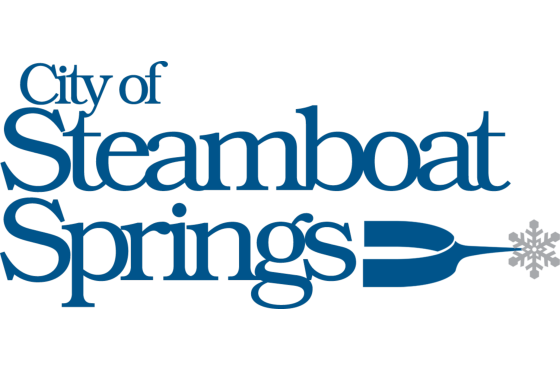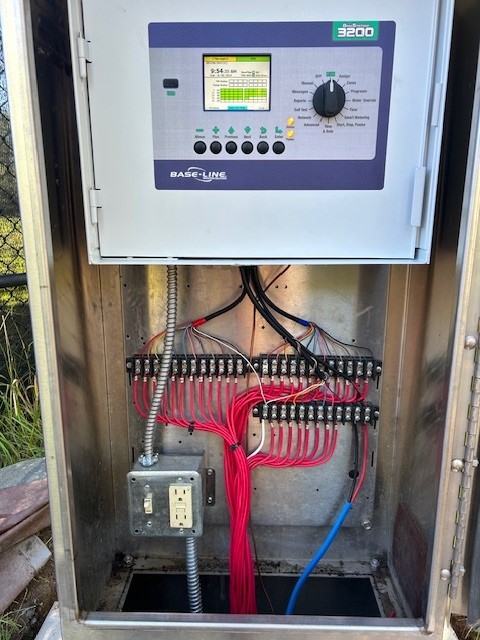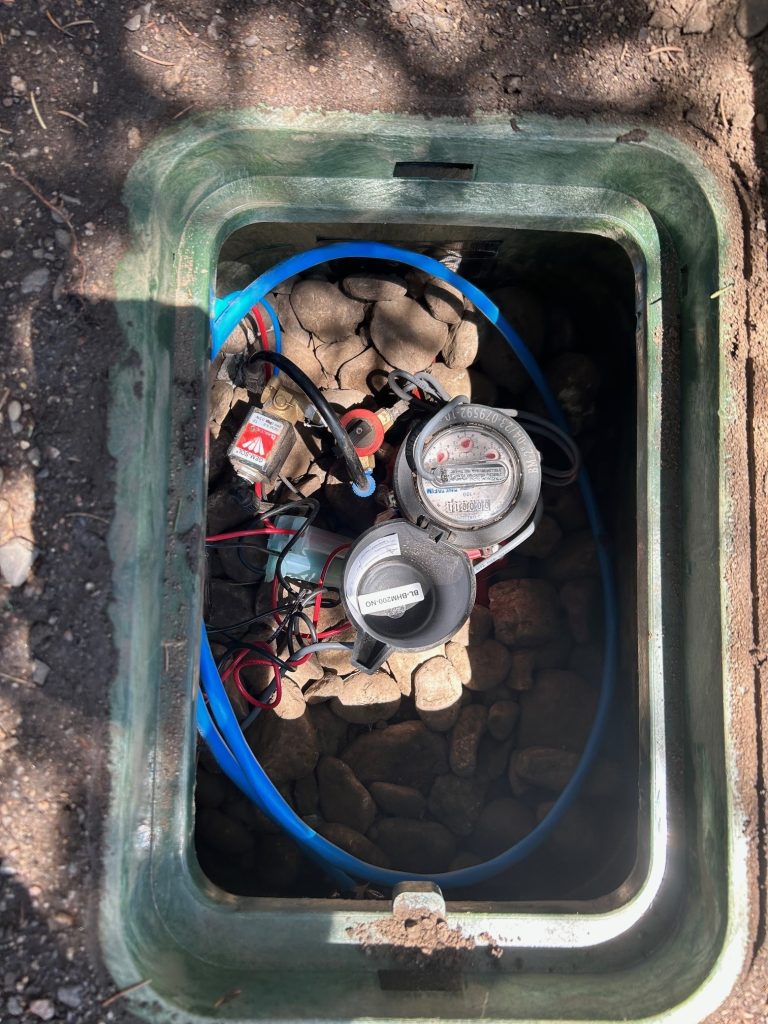The City of Steamboat Springs Leads the Way in Water Conservation
Overview
In response to growing water scarcity in the Western United States, the City of Steamboat Springs has taken bold steps to conserve water by adopting the Baseline smart irrigation solution. While tackling complex irrigation challenges, the city is setting a new benchmark in water conservation. This aligns with the city’s broader climate action and water conservation goals outlined in its 2020 Water Conservation Plan, which emphasizes reducing water usage for landscaping and irrigation in public spaces.

Challenges
- Excessive Water Loss: Up to 80% of outdoor water use in parks and landscaping is typically lost due to evaporation. This water waste affects local ecosystems, limits water availability, and increases energy consumption due to water treatment costs.
- Complex Flow Management: The city faced a complex flow situation with multiple points of connection, which required a sophisticated system capable of managing and optimizing water flow across different sites.
- Operational Inefficiencies: Existing, traditional irrigation systems lacked the ability to dynamically respond to weather or soil conditions, leading to overwatering and poorly timed irrigation, wasting water and energy.
Solution: Baseline Irrigation System
Steamboat Springs tackled these challenges by partnering with DBC Irrigation Supply to implement the Baseline Smart Irrigation Solution which is an ideal solution for water conservation projects in municipalities and organizations dealing with complex water management challenges. The system’s ability to dynamically respond to real-time conditions makes it a powerful tool for water stewardship. This innovative system, engineered to meet the city’s complex irrigation needs, optimizes water use in public spaces with the following key features:
- Automatic Adjustments: The system performs daily adjustments based on real-time weather data and soil moisture levels, ensuring that water is only applied when necessary. This optimization is expected to reduce outdoor water use by an estimated 20% in the first season.
- FlowStation Technology: Steamboat Springs leveraged Baseline’s FlowStation technology to address its complex flow management needs. With multiple points of connection, the FlowStation provided a seamless solution, making it the only system capable of handling the city’s specific requirements.
- Advanced Sensors: The system includes soil moisture sensors and Precip Sensors and flow sensors to gather granular data and precisely manage water use. This technology ensures that irrigation is only applied where and when it’s needed, while the flow monitoring saves on water costs.

YVSC/Courtesy photo
- SubStation & Solar Powered Capabilities: The deployment also utilized multiple SubStation RV’s, many of which are solar-powered, allowing the system to operate efficiently across remote locations such as center medians. According to Brian Young from DBC Irrigation Supply, “the SubStation RV with solar was a definite game changer” for the project.
- Scalability & Flexibility: Baseline’s system is not only designed for irrigation but also offers customizable technology that can be used for various other applications, such as controlling lights on tennis courts or locking magnetic doors. The system’s flexible capabilities ensure future scalability for the city’s evolving needs.
Deployment & Collaboration
The deployment of the Baseline system was a collaborative effort between DBC Irrigation Supply and the City of Steamboat Springs, with Brian Young and Spencer Jordan from DBC Irrigation Supply playing a key role in programming, onboarding, and training city staff on the system’s operation. This hands-on approach ensured smooth implementation and maximized the city’s use of the advanced technology.
“As a leader in the Yampa Valley, it is important that the city is making efforts to conserve our natural resources,” says Aaron Stafford, Parks and Recreation Manager for Steamboat Springs. “We want to do what we can to ensure there is enough water to meet the future needs of the Valley.”
Key public sites targeted for the initial phase of the project included Howelsen Hill, Emerald Park, Whistler Park, and Memorial Park, with future expansions planned for the new City Hall and Firehouse facilities.

YVSC/Courtesy photo
Results and Impact
Steamboat Springs expects significant water savings across its parks and public spaces, with a projected 20% reduction in outdoor water use. Beyond conserving water, the system’s efficiency improvements will help reduce the city’s operational costs and carbon footprint, as it limits the need for frequent manual checks and vehicle trips by staff.
Moreover, this system supports Steamboat’s long-term commitment to water conservation, waste reduction, and protection of local ecosystems, including the critical Yampa River and ensuring sustainability for the entire Yampa Valley.

